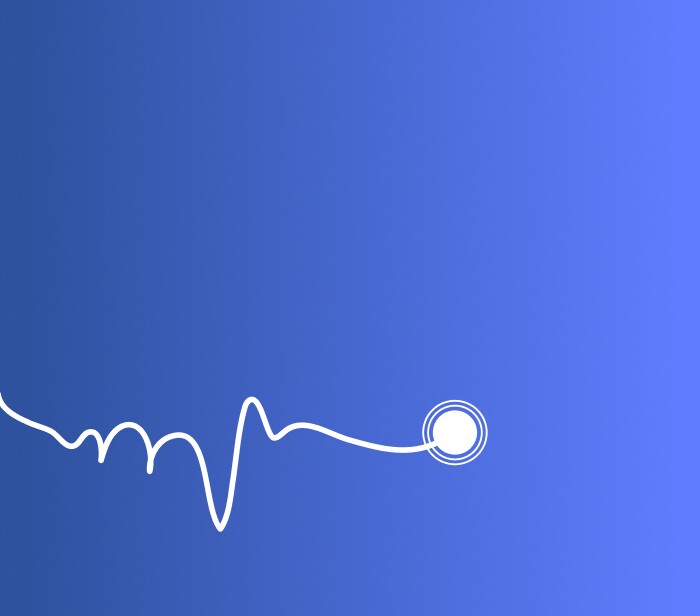Experts in neurosurgery at Herzliya Medical Center in Israel carry out the treatment of hydrocephalus in adults and children with the highest quality and safety. Doctors at HMC in Israel have extensive experience in clinical diagnosis and treatment of hydrocephalus in children and adults. The most advanced technology is used to ensure neurological procedures of any complexity are highly efficient and safe.
What is Hydrocephalus?
Cerebrospinal fluid (CSF) that circulates in the ventricles of the brain is important in maintaining normal metabolism and stable intracranial pressure, playing a protective role as a natural shock absorber. Hydrocephalus is associated with excessive amounts of cerebrospinal fluid in the ventricles of the brain (fluid on the brain), resulting in disruption of brain function. There are several types of hydrocephalus, which vary depending on time and cause of onset, natural presentation, and overall duration of disease development:
- Isolated Congenital (primary) and acquired (secondary) – depending upon the time of disease onset
- Two types of hydrocephalus, differentiated based on physiological changes and the state of the ventricular drainage system: open type (unaffected spinal fluid drainage from the ventricles) and closed type (occluded drainage ducts)
- Depending on the duration of the disease, hydrocephalus can be acute or chronic
- Another important characteristic of the condition is the degree of compensation and the degree of the intracranial pressure, which significantly affect the brain functionality and the severity of the clinical symptoms
Hydrocephalus Symptoms in children
Hydrocephalus in children is most often of congenital nature, frequently because of injuries, including those incurred at birth and particularly among infants born prematurely. Clinical signs of the disease among children vary based upon the age of the child:
- Children under 12 months – Congenital hydrocephalus is characterized by a significant change in the size and shape of the head. Features that include open bone joints and springs observed in the skull anatomy of the aging baby, increasing head size with increased intracranial pressure. Young patients with hydrocephalus have a disproportionately large head circumference and bulging fontanels and venous networks. Hydrocephalus negatively affects overall brain function, causing excessive irritability and in some cases, and conversely, drowsiness and lethargy among others. Hydrocephalus among young children is also often accompanied by a refusal to eat and slowed growth and psychomotor development of the child
- Older children – Hydrocephalus manifests absent of external symptoms, due to disease onset beginning after bone structures of the skull were completely formed. The progression of the disease is characterized by increases in intracranial pressure and the development of metabolic disorders of the brain. These result in painful headaches, nausea, blurred vision, motor dysfunction (incoordination, seizures), impaired consciousness (drowsiness, lethargy), and severe cognitive impairment (impaired speech, loss of memory, learning difficulties and loss of previously acquired skills)
Hydrocephalus Symptoms in Adults
In adults, hydrocephalus causes include intracerebral hemorrhage (stroke), trauma, tumors, and infectious and inflammatory brain diseases. In old age, a gradual decrease in functional activity is observed, as well as involuntary urination and defecation, impaired walking, speech, and memory loss. Hydrocephalus patients are often misdiagnosed as having dementia or Parkinson’s disease. Misdiagnosis and inadequate treatment of hydrocephalus in adults may lead to irreversible brain damage and chronic disability. However, timely access to specialist care makes full restoration of damaged functions possible for patients with hydrocephalus at HMC in Israel.
Diagnosis of Hydrocephalus at HMC
Diagnosis of hydrocephalus in the Department of Neurosurgery at HMC in Israel are conducted through the following methods:
- Careful examination by a qualified neurologist – involving assessment of neurological symptoms and patient’s medical history (anamnesis)
- Brain imaging instruments – including the computer (CT) and magnetic resonance imaging (MRI)
- If further analysis is needed, methods to identify causes of hydrocephalus and symptom development are examined by way of differential diagnosis (brain tumors, cerebrovascular accident)
Precise diagnosis of type and severity of the disease aid patients and doctors to determine effective treatment, allowing for significant improvement in the patient’s condition as soon as possible.
Hydrocephalus Treatment at HMC
The most common form of hydrocephalus treatment in Israel is by way of surgical intervention. The neurosurgical department at HMC in Israel offers two types of procedures for hydrocephalus treatment to eliminate the excessive accumulation of cerebrospinal fluid:
- Bypass procedure – performed through the use of an artificial drainage system connecting ventricles of the brain to the chest or abdominal cavity. Doctors incorporate a shunt equipped with a valve capable of opening automatically when ventricle pressure rises. Excess cerebrospinal fluid entering the cavity drains quickly and is absorbed without patients experiencing pain or sensation
- Ventriculostomy – an endoscopic procedure through which the perforated bottom of the third ventricle is formed to the drain hole to bypass the outflow of CSF. This procedure is effective for some forms of hydrocephalus and result positively for the patient in persistent normalization of intracranial pressure
Hydrocephalus treatment in Israel depends on the form and severity of the disease, as well as the age and overall health status of the patient. Doctors use diagnostic data to recommend the most appropriate hydrocephalus treatment.
At Herzliya Medical Center in Israel, doctors have a holistic approach to the treatment of hydrocephalus for both adults and children. Careful attention to maximize restoration of lost function and postoperative rehabilitation. Coordinated services of multidisciplinary teams at Herzliya Medical Center in Israel, contribute to excellent treatment results and rapid return to normal life. The success of hydrocephalus procedures in Israel allows patients to gain full recovery and work to prevent associated developmental disorders in children.
 Patients Log In
Patients Log In 










